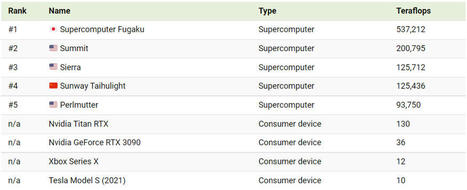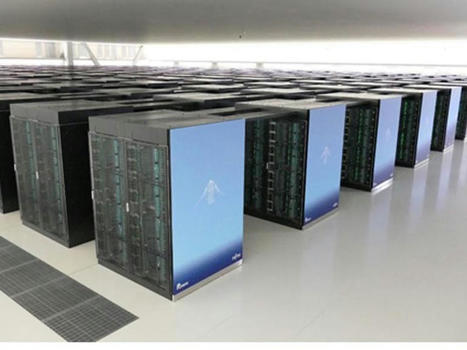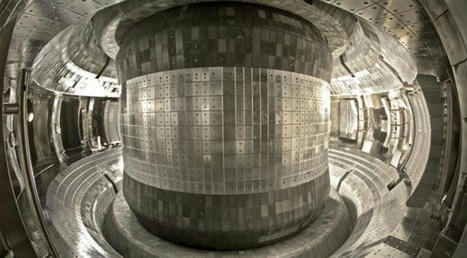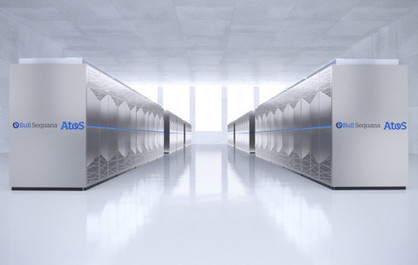Das Forschungszentrum Jülich erhält einen neuen Supercomputer für die Hirnforschung. Der von Atos stammende Supercomputer schafft über 12 PetaFLOPS und ist damit eines der schnellsten Systeme weltweit.
Das Forschungszentrum Jülich erhält den neuen Supercomputer BullSequana X1000 von Atos. Dieser ermöglicht Berechnungen mit mehr als 12 PetaFLOPS. Damit ist der Rechner der schnellste Supercomputer Deutschlands. Zum Vergleich: Im Forschungszentrum Garching bei München wird der Supercomputer SuperMUC betrieben. Dieser schafft derzeit 6,8 PetaFLOPS. Allerdings wird das System gegenwärtig ausgebaut und soll dann auf 26,7 PetaFLOPS kommen.
Das System in Jülich wird als Teil des Gauss Centre for Supercomputing vor allem für die Forschung im Human Brain Project zum Einsatz kommen. Dieses soll dabei helfen, mittels Simulationen die Vorgänge im menschlichen Gehirn besser zu verstehen.
Bei dieser Art der Forschung würden komplexe Simulationsmodelle und unstrukturierte Datensätze mit Milliarden von Datenpunkten anfallen. Um derartige Berechnungen durchzuführen, benötige man qualitativ hochwertige, flexible und skalierbare Rechenleistung sowie die passende IT-Infrastruktur, so Prof. Dr.-Ing. Wolfgang Marquardt, Forschungsvorsitzender des Forschungszentrums in Jülich. Der BullSequana biete diese Möglichkeiten und eigne sich deshalb gut für die interdisziplinäre Spitzenforschung.
Learn more / En savoir plus / Mehr erfahren:
https://www.scoop.it/t/luxembourg-europe/?&tag=HPC



 Your new post is loading...
Your new post is loading...











Ranking by Teraflops
Because supercomputers can achieve over one quadrillion flops, and consumer devices are much less powerful, we’ve used teraflops as our comparison metric.
1 teraflop = 1,000,000,000,000 (1 trillion) flops.
Learn more / En savoir plus / Mehr erfahren:
https://www.scoop.it/t/luxembourg-europe/?&tag=HPC
https://www.scoop.it/topic/21st-century-innovative-technologies-and-developments/?&tag=Supercomputer